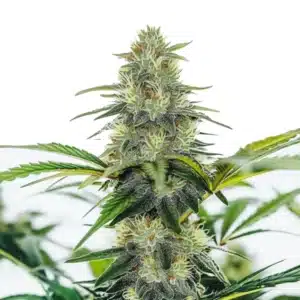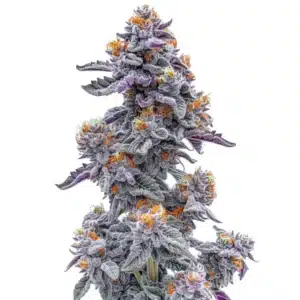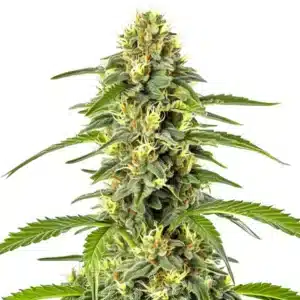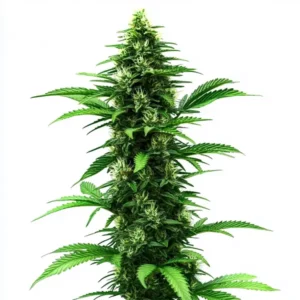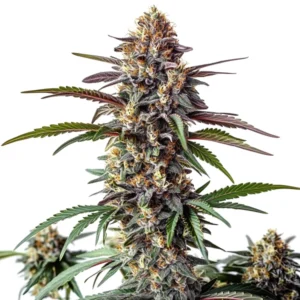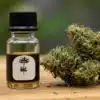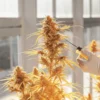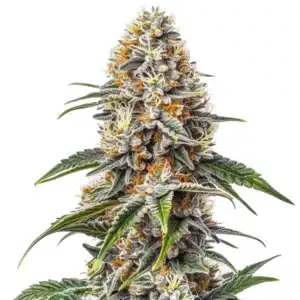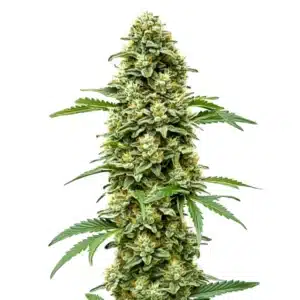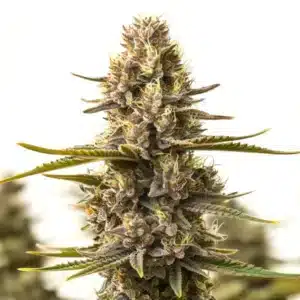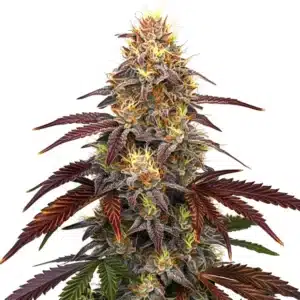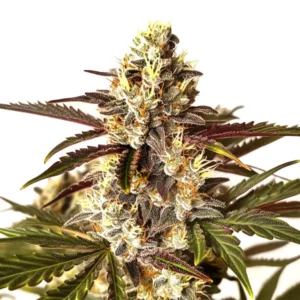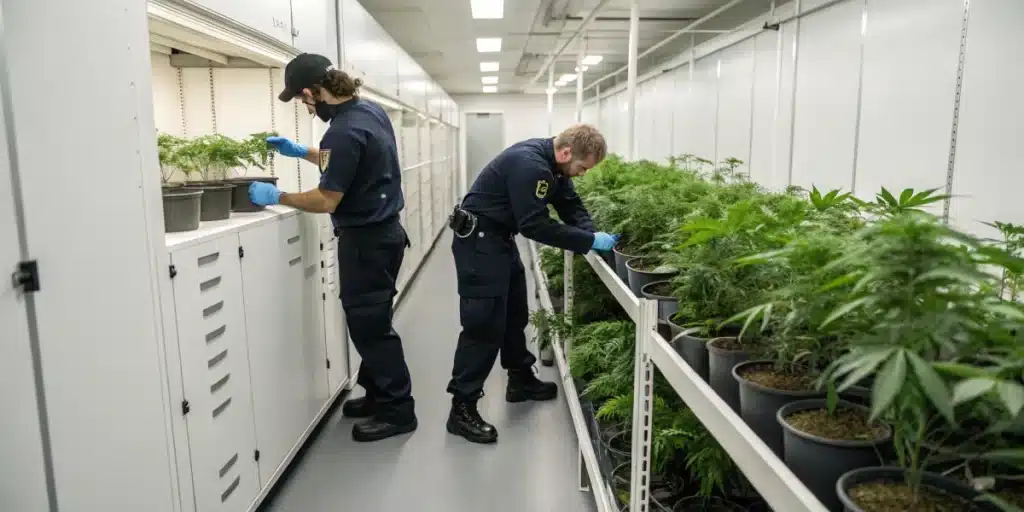
Russia Weed Laws: Criminal Code, Enforcement & Reform
Summary of Russian Drug Legislation
Criminal Code Provisions
Yes, cannabis (marijuana) is illegal in Russia. If you are wondering is cannabis illegal in Russia, the answer is yes possession of small amounts is treated as an administrative offense, while larger quantities are considered a criminal offense.
Russia classifies cannabis as a narcotic substance under Article 228 of its Criminal Code. This section punishes possession, cultivation or distribution of even minimal quantities without exception. First time offenders found with small amounts may receive up to two years of imprisonment. Authorities reserve harsher terms up to ten years when they prove intent to sell or distribute. The code also bans extracts, oils and edibles that contain THC regardless of their intended use.
Recommended Strains
AK x White Widow Auto
|
|
THC | 18% - 24% (Medium) |
|
|
Type | Autoflowering |
|
|
Yield | Low |
|
|
Phenotype | 60% Indica / 40% Sativa |
Ooze
|
|
THC | 19% - 23% (Medium) |
|
|
Type | Feminized |
|
|
Yield | Medium |
|
|
Phenotype | 70% Indica / 30% Sativa |
Readers studying russia weed laws find strict trafficking penalties alarming. Moreover, the code adds repeat offender clauses that raise sentences by half when courts apply Article 229. Judges may also combine fines with prison time to curb drug networks. Therefore, anyone involved in large scale production faces significant jail terms. Advocates argue that these rules drive users underground rather than reduce demand.
Administrative Penalties
Under federal regulations, administrative fines apply for minor cannabis offenses without criminal records. Individuals caught with personal amounts often pay fines starting at 2,500 rubles. Police may also confiscate personal belongings linked to drug use or cultivation. Repeat administrative violators risk up to fifteen days of detention in local facilities. These measures aim to deter casual use without overwhelming the prison system.
Local governments also add community service for first offenders who meet court conditions. For example, some regions assign unpaid labor cleaning public spaces for up to fifty hours. Authorities believe such work discourages relapse and teaches social responsibility. Citizens complete tasks under supervisor oversight while avoiding criminal records. However, critics claim that service orders rely too heavily on police discretion.
Recent Amendments
The State Duma recently debated softer measures for medical and research cultivation. Proposed amendments would distinguish industrial hemp from drug varieties. If lawmakers approve them, farmers could grow low-THC hemp under license. Agricultural experts argue this change could boost rural economies and fiber production. Meanwhile, law makers continue to tighten controls on recreational use despite industry pressure.
In early 2025, deputies introduced bills to reduce penalties for small possession linked to treatment. These drafts propose converting prison terms into fines or service orders when courts verify therapeutic need. Health professionals back this shift and expect it to reach second reading soon. Nevertheless, no final vote has taken place. Citizens and activists track each hearing to gauge reform prospects.
Promos & Deals
Enforcement Practices
Police Raids and Arrests
Police conduct frequent raids on suspected grow operations in urban apartments and rural homes. Officers secure search warrants then seize plants, equipment and digital files. They question residents and arrest any individual involved in cultivation. Law enforcement also taps phone lines and monitors online forums for trafficking leads. As a result, cannabis networks rarely operate without detection in major cities.
Furthermore, undercover agents infiltrate sales circles to catch suppliers in the act. Once they identify a network, they plan busts at multiple locations to prevent tip-offs. Authorities report hundreds of such operations annually across Russia. Detainees face immediate transfer to detention centers while investigations proceed. Communities often applaud these efforts for reducing visible drug use in public spaces.
Court Sentencing Statistics
Recent data show that courts issue sentences for cannabis offenses in over 80 percent of trials. Judges impose prison time in roughly 40 percent of cases and fines in the remainder. Average jail terms range between eighteen months and three years depending on severity. Courts order community service in about 15 percent of drug convictions. Sentencing patterns vary with defendant background and judicial philosophy.
Statistics also reveal that first offenders serving under two years see lower recidivism. Meanwhile, heavier sentences appear to discourage large scale trafficking more effectively. Experts analyze this trend to advise lawmakers on penalty adjustments. They urge courts to balance punishment with rehabilitation programs. Such programs often include counseling and vocational training inside prisons.
Regional Disparities
Enforcement intensity differs notably between Moscow, St. Petersburg and Siberian regions. Major cities record twice as many raids per capita compared to rural areas. Local budgets heavily influence police capacity for drug operations. Wealthier regions afford advanced detection tools and training for narcotics units. Conversely, remote areas rely on occasional patrols and tips from residents.
Moreover, border regions near Europe and Asia face unique trafficking challenges. Authorities there focus on smuggling routes rather than domestic cultivation. Officials deploy additional checkpoints on highways and rail lines. They also coordinate with neighboring countries to intercept cross-border shipments. Communities along these frontiers often volunteer drug hotlines to assist law enforcement.

Medical Cannabis Status
Legal Exceptions
Russian law currently prohibits medical cannabis use except within narrowly defined research projects. Health authorities maintain lists of approved narcotics and exclude THC products entirely. However, courts sometimes grant compassionate use permits for terminal patients. Lawyers file individual appeals citing constitutional health rights. Thus, a handful of patients receive legal access under strict supervision.
Meanwhile, doctors cannot prescribe cannabis analogues because federal guidelines block all THC-based medications. Medical societies lobby for pilot programs to test therapeutic benefits. Those groups argue that current rules force patients to seek unregulated black-market products. As a result, physicians and advocates push lawmakers for an official medical framework.
Approved Products
Only a few synthetic cannabinoids, like Nabilone, appear on Russia’s approved drug list. Pharmacists distribute these pills under hospital supervision for cancer-related nausea. Patients pay out of pocket because insurance refuses to cover off-label uses. Clinics monitor treatment effects and report outcomes to health authorities. Doctors use this data to argue for expanding product categories.
No herbal cannabis preparations legally enter Russian pharmacies. All CBD-rich oils with under 0.2 percent THC remain technically prohibited. Consumers claim they find imported CBD online despite customs restrictions. Authorities sometimes seize these shipments at borders. Consequently, product availability depends largely on international suppliers willing to test enforcement limits.
Access Challenges
Patients who qualify for medical study projects confront logistical hurdles obtaining cannabis derivatives. They need separate permits from the Ministry of Health and local police clearance. Each step involves fees, paperwork and waiting periods that can exceed several months. Meanwhile, treatment delays place additional strain on vulnerable individuals. Physicians attempt to streamline applications but face bureaucratic resistance.
Furthermore, approved study centers appear only in major cities like Moscow and Novosibirsk. Patients from remote areas travel long distances at high expense to join trials. Local hospitals lack expertise and resources to handle narcotic storage and dispensing. As a result, many willing participants abandon research before receiving any relief.
Public and Political Debate
Advocacy Groups
Grassroots organizations have formed to lobby for cannabis law reform since the late 2010s. Groups like Patient Rights Russia push for expanded medical access and decriminalization of personal use. They organize public forums, produce policy papers and meet with lawmakers. These advocates use social media campaigns to shift public opinion toward harm reduction.
However, they face strong opposition from conservative NGOs and religious groups. Those factions promote zero tolerance based on traditional values and public health concerns. They hold rallies and fund political campaigns against reform proposals. Despite this pushback, advocacy groups continue their efforts by forging alliances with international cannabis networks.
Media Portrayal
Mainstream Russian media tend to depict cannabis primarily as a threat to youth and public order. News outlets highlight violent trafficking incidents and overdose scares. Reporters rarely cover scientific studies or patient success stories. Television debates involve law enforcement experts and sociologists who stress punitive measures over therapy.
In contrast, independent online platforms offer more balanced views on cannabis benefits and risks. They publish interviews with medical professionals and reviews of foreign reform models. Readers find these articles more informative and solutions-oriented. Nonetheless, state-controlled channels dominate public discourse, limiting audience exposure to reform arguments.
Political Party Positions
The ruling United Russia party maintains a strict anti-cannabis stance in its health policy platforms. They emphasize zero tolerance and increased funding for drug control agencies. Opposition parties like Yabloko propose pilot medical cannabis programs in federal regions. They argue that controlled access could boost health outcomes and scientific research.
Meanwhile, the Communist Party frames the debate around social justice and state responsibility. They criticize harsh penalties for low-income citizens and demand rehabilitation over incarceration. Despite these varied positions, no major party has endorsed full recreational legalization. Reformers continue to press each faction for clear policy commitments.
International Influence and Treaties
UN Conventions
Russia ratified the 1961 Single Convention on Narcotic Drugs and the 1971 Convention on Psychotropic Substances. These agreements obligate signatories to prohibit non-medical cannabis use. Government officials often cite treaty obligations to justify strict national laws. Health ministry delegations attend UN meetings to support global prohibition standards.
Nevertheless, a few countries recently moved to ease cannabis restrictions under UN review. Russia remains vocal against any reinterpretation that weakens international drug controls. Delegates argue that liberalization trends in other states threaten cross-border security efforts. Thus, treaty commitments continue to reinforce domestic prohibition policies.
Bilateral Agreements
Russian authorities negotiate mutual cooperation with neighboring states to intercept transnational drug networks. They share intelligence with Belarus, Kazakhstan and China via formal law enforcement channels. Joint operations include border patrols, hotline alerts and training exchanges. These activities target both synthetic drugs and cannabis smuggling routes.
Moreover, Russia collaborates with European anti-narcotics agencies on targeted investigations. They use extradition treaties to repatriate suspects quickly for trial. Officials credit these partnerships with reducing large scale cannabis imports by up to 30 percent in some corridors. Such agreements underpin broader security cooperation across Eurasia.
Comparison with CIS Neighbors
Several CIS countries maintain similar cannabis prohibition frameworks with minor variations. For instance, Kazakhstan enforces strict penalties but decriminalized small amounts in 2024. Belarus still punishes any personal possession with administrative fines and short detention. Meanwhile, Ukraine legalized limited medical cannabis under controlled pilot schemes.
By contrast, Georgia’s courts ruled personal use legal in 2018, though cultivation remains punishable. These diverse approaches influence Russian debates by offering reform case studies. Advocates point to these examples when highlighting potential benefits of cautious policy shifts. Critics counter that any relaxation could spark cross-border abuse.
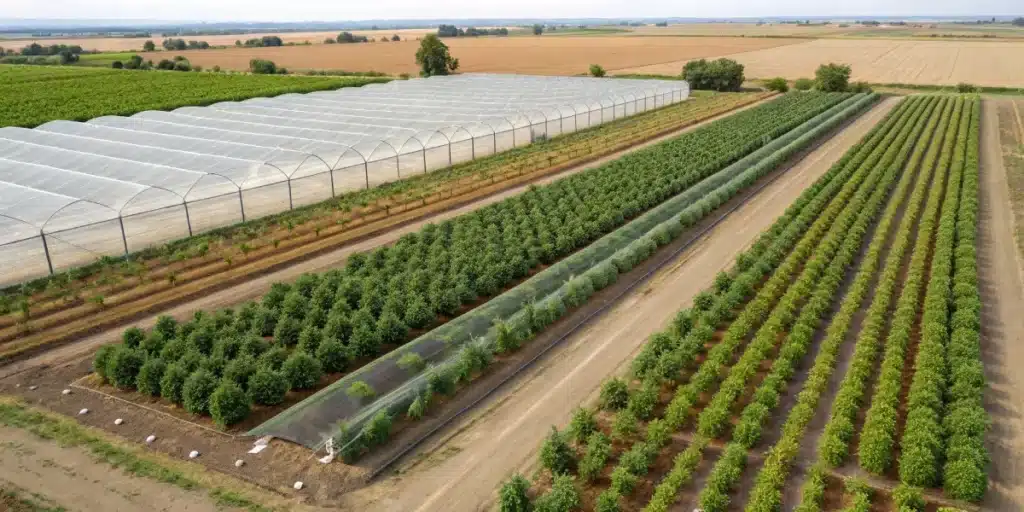
FAQs about russia weed laws
Can foreigners possess cannabis in Russia?
Foreign visitors face the same legal framework as citizens when handling cannabis. Any possession of even small amounts triggers fines or possible detention. Authorities rarely distinguish nationality in drug cases. Travelers must avoid carrying or importing cannabis products at all costs. They should also refrain from purchasing items that resemble weed.
What’s the penalty for cultivation?
Cultivating cannabis without license leads to criminal charges under Article 228. Courts impose up to five years of prison for small grow operations. Larger plantations intended for sale carry sentences of seven to ten years. Judges often add substantial fines and asset seizures. Individuals must secure official permits for any industrial hemp cultivation.
Are CBD oils regulated similarly?
CBD products containing under 0.2 percent THC remain illegal without special authorization. Authorities categorize them as controlled substances under drug laws. Consumers risk administrative fines and product confiscation at customs. Companies cannot legally market CBD in pharmacies or health stores. Specialists continue to petition regulators for clearer CBD guidelines.


